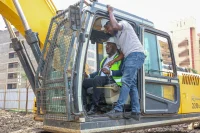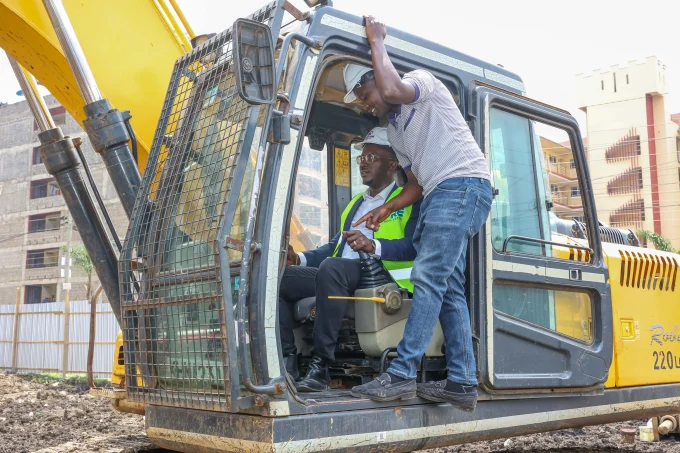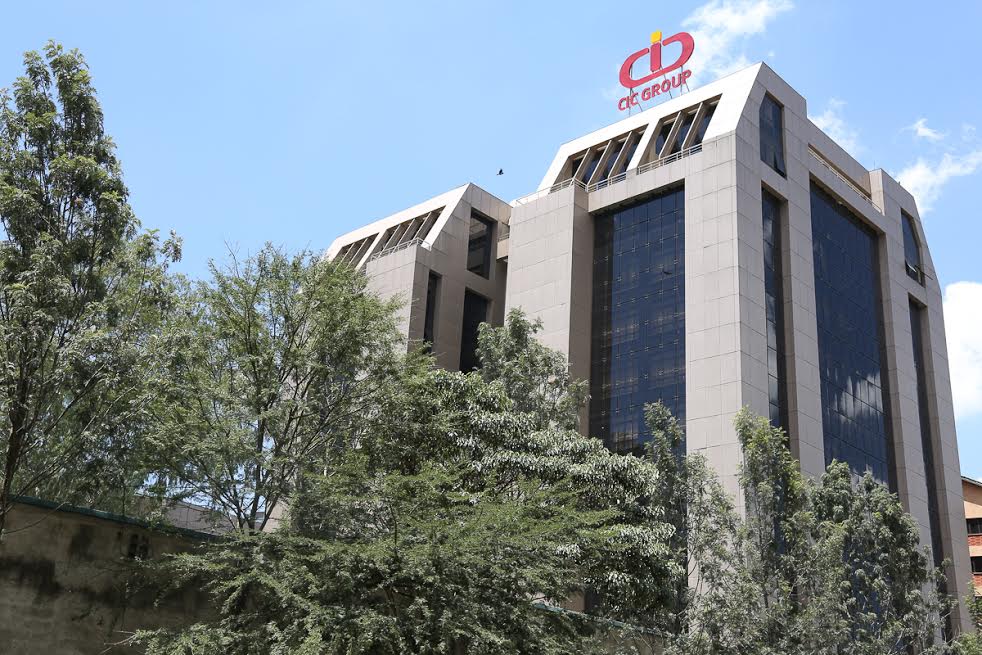Since the outbreak of Covid-19 pandemic, many schools have shut down across the globe as governments try to contain the virus. As a result, over 1.2 billion children are out of the classroom while education has changed with the distinctive rise of e-learning, where teaching is undertaken remotely and on digital platforms.
While this sudden shift to e-learning in Kenya is being driven by the Covid-19 pandemic, two years ago a local techpreneur thought of how he could make use of technology to bring education closer to pupils. “I grew up in a rural setting. I used to walk more than 8 kilometers to get to school. It was a very tiring and challenging experience that forced many students to drop out of school. With this hindsight, I wanted to use technology to change this experience and make learning exciting by bringing it closer to pupils,” says David Waweru, a business development manager and co-founder of MySchool.
Retention increases
MySchool is a Zoom-like virtual solution but tailor-made for schools. It has functionalities that enable teachers to write notes on a whiteboard, share screen, schedule assignments, and examinations for students without limits on the number of classes or users on-boarded. Students can also easily interact with their respective teachers, make notes, and ask questions among other class activities.
With research suggesting that e-learning in Kenya increases retention of information and takes less time, the David Waweru argues that the development of MySchool was timely. “Students will have more interactive hours with their teachers and increased safety as they’ll be learning from the comfort of their homes; teachers will also have common resources which can be shared with students either real-time or on-demand, and parents will be able to make some savings due to reduced cost of learning,” says Mr Waweru.
He also affirms that better learning outcomes for the students will be achieved faster since students are usually fascinated by technology and use of advanced learning techniques. With its key target market being learning institutions at primary, secondary and tertiary levels, the platform is specific on its core mandates and does not collect data for use in marketing or for other commercial purposes.
He says the startup’s systems are hosted in secure servers in India but has a technical team that manages the servers locally in Kenya. With such virtual platforms being a soft target for hackers, the firm has adopted high-level security protocols that are in compliance with international standards. “We are very keen on security and we ensure that the data on our servers are safe, site well protected and uptime extremely high,” says the 42-year-old executive.
So far, MySchool is in use at several schools within Nairobi and a number of others across the country. Its market uptake has been gradual due to the current financial constraints related to Covid-19. “We are mitigating this with our subsidized pricing model,” he says. “The initial approach was to have a one-off license and charge an annual maintenance fee but we have realized most schools are low on budget as parents can’t afford to pay much due to the economic effect of Covid-19 pandemic.”
SEE >> Teacher Takes His Passion to Online Classroom
MySchool management waived the high initial license fee and instead charges a marginal fee of between Ks5,000-10,000 per school per month. This ensures it onboards as many schools through e-learning in Kenya.
The startup also targets a slice of the corporate market with a virtual conference room solution. “This solution is a good fit for companies that aim to interact seamlessly with their staff and also for functions like meetings, events, conferences, and AGMs among others,” says Mr Waweru, who started the company with a group of friends two years ago. “By then we were still employees and we were running the startup as a side hustle. Over time, we resigned from our jobs to fully focus on the business.”













Leave a comment